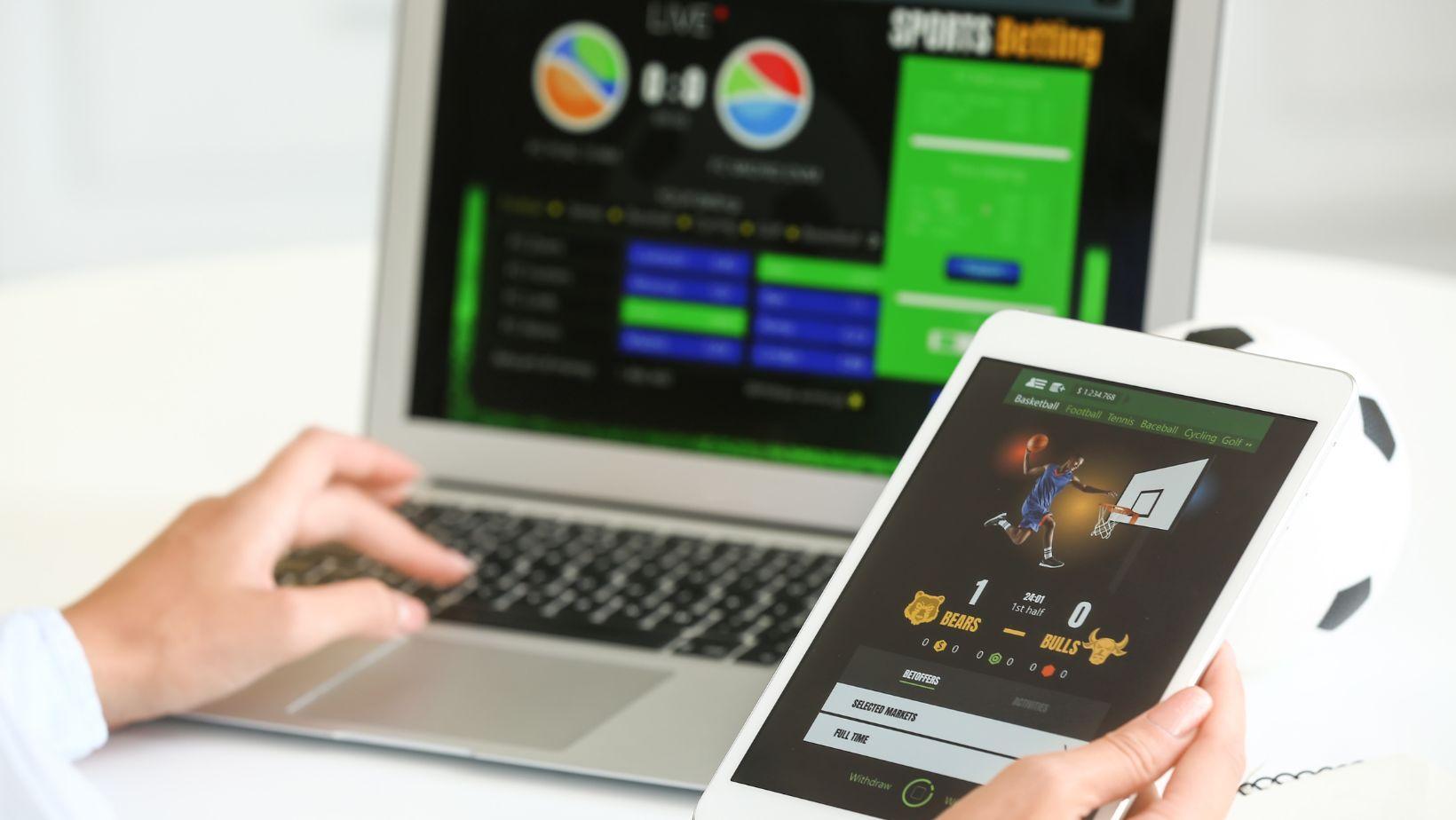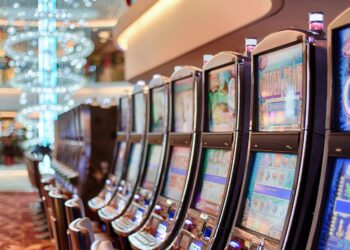Online casino gaming has slipped into everyday digital life, almost quietly at first, then all at once. Surveys from the UK Gambling Commission put monthly participation around 42% in 2023, up from 38% in 2021. Convenience and a sense of anonymity seem to push engagement beyond what brick-and-mortar casinos typically see. With rapid-fire gameplay, always-on access, and highly immersive designs, the emotional load can build fast. Many mental health professionals have raised concerns about a rise in compulsive patterns and mood swings when gambling moves online. Alongside that, there are signs that relationships feel the strain too, which nudges emotional wellness into tricky territory.
Emotional Wellness Under Digital Pressure
Accessibility plus anonymity can be a tough mix, psychologically speaking. Longer sessions tend to ratchet up stress, sometimes chipping away at overall wellbeing. Research cited by Immunize Nevada in 2023 reported strong correlations between sustained online casino activity and higher rates of anxiety and depression. Fast-paced mechanics in online slots, livestreamed poker, and quick betting cycles may nudge people into repetitive wagering. The push and pull of chasing wins or trying to outrun losses can leave folks numb, short on sleep, and uneasy in a way that is hard to shake.
In 2022 data, about 68% of frequent online gamblers also reported irritability and shifts in mood. Because the activity is often invisible to others, distress can collect quietly, then spill into daily routines. Sleep problems come up a lot, with roughly 44% of regular online gamblers affected. That pattern can widen vulnerability to depression, social withdrawal, and friction in everyday relationships. As platforms refine immersive features, the subtle warning signs might get harder to notice, or easier to ignore.
Relationship Dynamics In The Online Environment
Relationships rarely stay untouched when online casino games enter the picture. Couples often cite secrecy around money and shakier trust as core stressors, a trend noted by summaries from the Responsible Gambling Council. With online slots and other digital games offering instant access to wagering, individuals are more likely to hide losses, evade discussion of debts, or withhold key financial details. Financial pressure can mount quickly, and with it the arguments, sometimes circling the same unresolved fears about stability.
Anonymity can create emotional distance too. Time shifts toward screens and away from shared routines, and conversations thin out. When games such as online slots integrate social features like leaderboards and chat, it can create the illusion of connection while partners or family members feel more isolated. A 2023 report from Immunize Nevada noted that 39% of households touched by online gambling described a breakdown in trust and openness. Emotional wellness takes a hit on both sides when secrecy grows and conflict becomes the default.
The Psychological Mechanics Of Digital Gambling
Online casino games appear to meet real psychological needs: a bit of escape, a jolt of excitement, some validation. Instant feedback loops in slot simulations and live betting light up reward pathways in the brain, which can reinforce repeated play in ways that resemble other compulsive behaviors. Findings referenced by the Responsible Gambling Council suggest that people with more problematic patterns report lower digital wellbeing, more anxiety or guilt, and less sense of control. In-person time with others often gets replaced, sometimes without much notice at first.

Motives like mastery and belonging come up a lot. Leaderboards, rankings, and bonus milestones give the impression that persistence can fix losses or move a player up some invisible ladder. For those without other steady outlets for affirmation or community, these features may tip into dependency. A 2021 meta-analysis reported a 22% higher incidence of secondary compulsive behaviors, including uncontrolled spending or substance use, among heavier online gamblers. The result can stack stress on both emotional health and relationship stability.
Navigating Emotional Fallout And Recovery
When the fallout settles in, it can look heavy: hopelessness, guilt, even suicidal thoughts after large losses. Immunize Nevada reported in 2023 that about 16% of online casino participants experienced severe shame or thoughts of self-harm. Isolation, debt, and recurring arguments at home were common triggers. Families often described a cycle that swings from apology to relapse, which wears on everyone and makes resilience harder to rebuild.
Support helps, even if reaching for it is awkward or delayed. Peer groups, therapy, and digital wellbeing tools show some promise in reducing harm. Stigma and low awareness still seem to block people from getting help sooner. Rebalancing tends to start small: clearer conversations, transparency about money, and shared activities that slowly restore trust. If risk feels immediate or safety is in question, contacting local crisis services is the prudent next step.
Responsible Gambling And Emotional Health
The issues tied to online casino gaming point toward the same practical theme: limits matter. Time caps, budget boundaries, and self-exclusion tools can lower risk, especially when paired with honest check-ins with loved ones. Most studies lean toward earlier support-seeking as the better predictor of emotional recovery and a steadier home life.

Responsible gambling guidelines are not only a legal requirement; they also remain a straightforward way to protect wellbeing when entertainment starts to blur into something more harmful. Catching that shift early, then acting on it, is the hard part and the helpful one.












